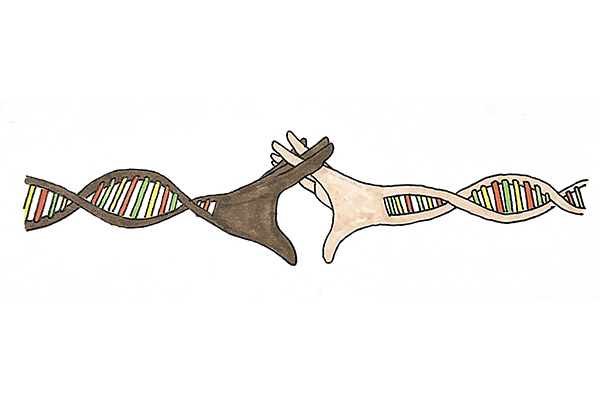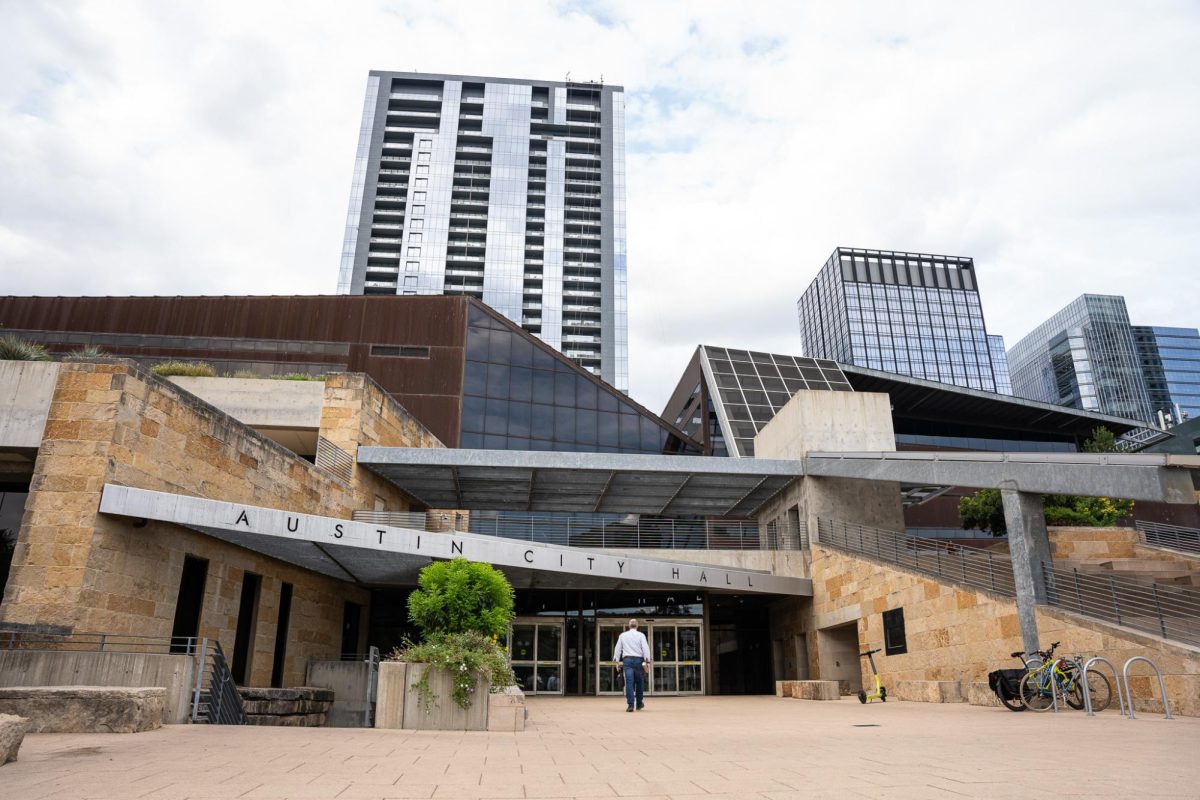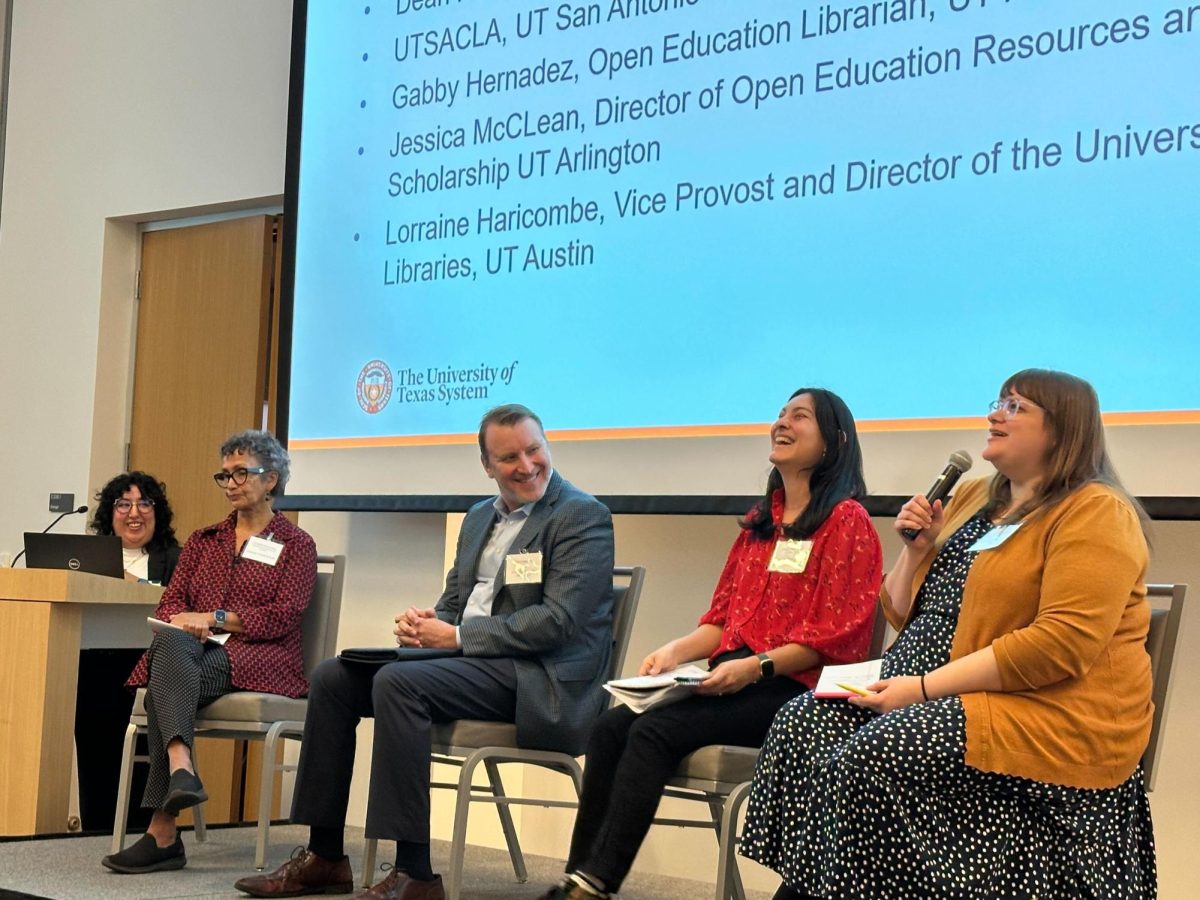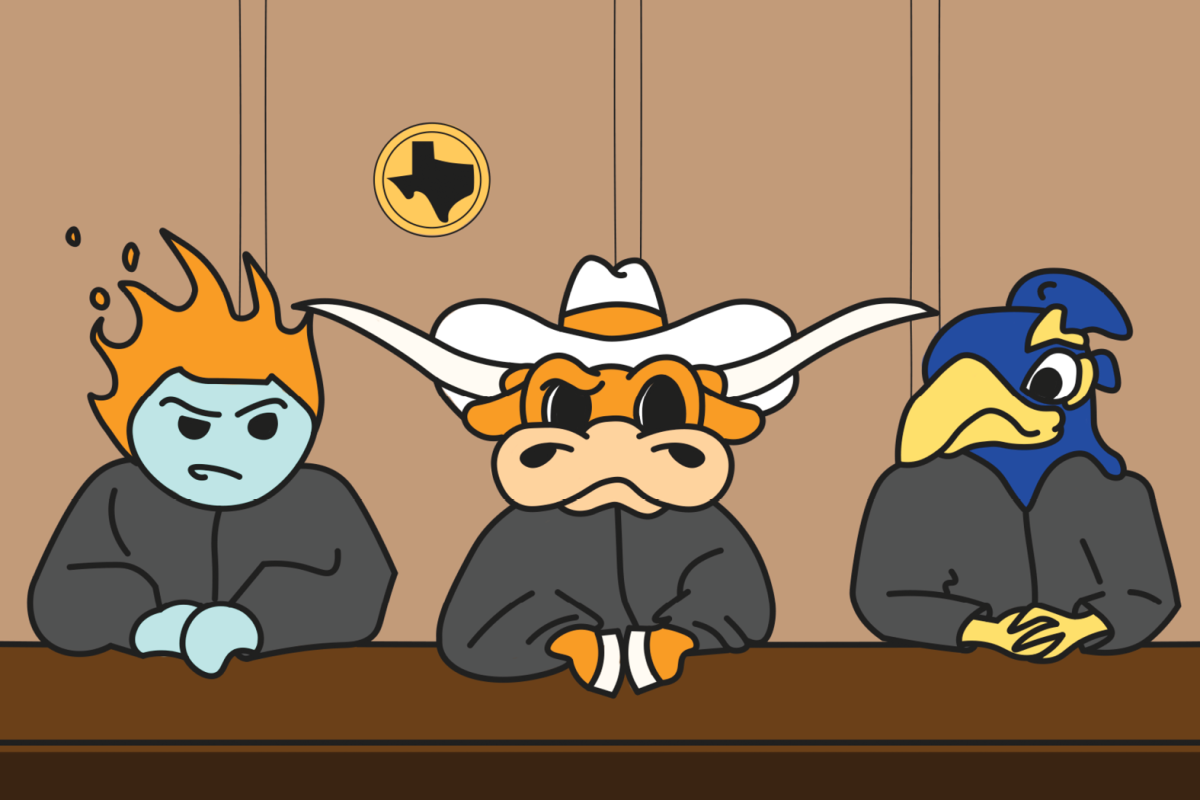The UT System is consolidating research samples and data from different institutions so that researchers across the UT System can access them in one single biobank instead of several.
The UT System Health Biobank will consolidate research from eight academic and research institutions in the system, including UT Health Science Center at Houston and MD Anderson Cancer Center. The eight institutions formed the UT System Health Biobank Consortium to standardize and expand access to specimens from all institutions, according to its website.
A biobank is a collection of specimens and data from volunteer patients that allows researchers to access other researchers’ data for future inquiry, said Dr. Benjamin Greenberg, a professor at UT Southwestern Medical Center. The biobank connects researchers who are looking for certain data or samples to those who have already collected it, Greenberg said.
“If there’s a colleague in Houston who’s going to be doing research on the brain … they could go online into a website that we created and research to see who in the state has brain tumor samples and then reach out to them and form collaboration,” Greenberg said.
Dr. Jennifer Beauchamp, associate professor of research with Cizik School of Nursing at UT Health Science Center at Houston, said the UT System Health Biobank is unlike other biobanks because it is virtual instead of a physical building.
“We’re kind of that connection in between, and that facilitation is really needed to help move research quicker and faster and further,” Beauchamp said.
Beauchamp said the UT System contacted her in 2016 to lead the initiative of the systemwide biobank. The UT System dedicated $3.5 million to support the biobank software platform, according to the press release.
Beauchamp said without this biobank, it can be difficult to identify whether data that a researcher needs exists and how to obtain it if it does.
“Often what happens now is (the researchers) have to find the funds, the resources and the time to go out and collect that data or samples themselves,” Beauchamp said. “(The biobank) actually provides them with opportunities to maybe find where data (is) … to just analyze that data or samples that are already existing.”
Greenberg said the institutions who conducted the study still own the data.
Beauchamp said the biobank only allows research where patients consented to share the data collected in a study.
Beauchamp said the consortium is working toward making the process of matching researchers more automatic by providing more details for each available set of data online.
“It (would take) the burden off of the person who has the sample and data,” Beauchamp said. “A person who needs it already has a really good idea of exactly what they need and doesn’t even contact (the sample’s owner) unless they know (they) absolutely have what (the researcher) needs.”





















